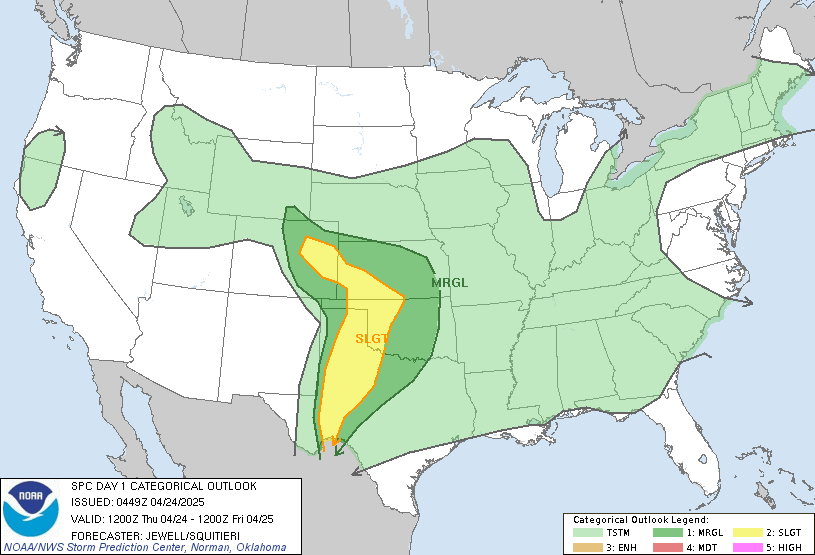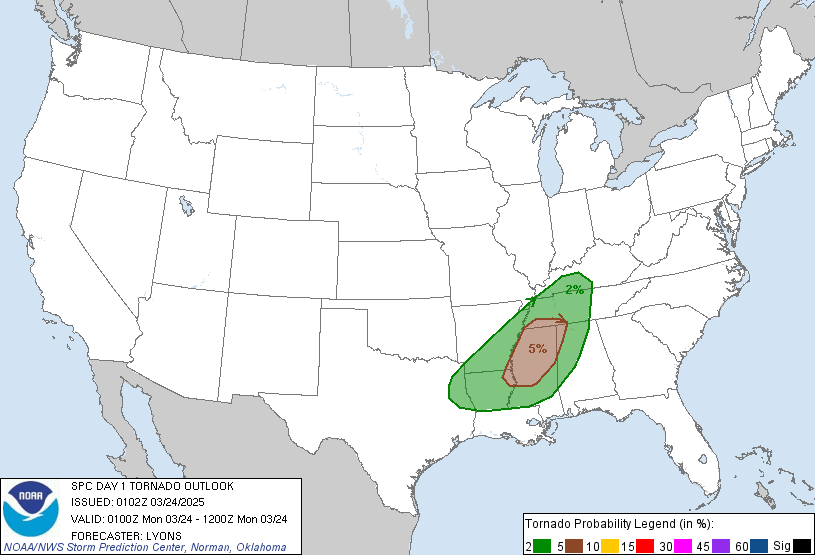It isn’t funny. It isn’t creative. It isn’t respectful.
It is old. It is tired.
Many meteorologists spent more than four years in school or time in the military to get where they are today. They spent their time, energy and money to crafting and honing a skill that protects life and property for every citizen of the United States and beyond.
People don’t often think of it that way, but they should. National Weather Service employees often have advanced degrees (many meteorologists that I know STILL have at least five-figure, if not six-figure, student loan debt 10 years after leaving college), and spent more than four years (some as many as 10) in college, to prepare them for protecting you from weather (be it tornadoes, hurricanes, blizzards, etc).
Short of being fired at by enemies, they should be right up there with our military when it comes to keeping Americans safe on a daily basis. And even the military relies meteorologists’ information, expertise and sweat, blood and tears to get the upper hand on our enemies.
Amid the government shutdown a lot of television and private-company meteorologists have been posting support to our National Weather Service friends. These people work long hours to disseminate weather forecast information that every American uses – whether the realize it or not. The NWS is issuing the watches and warnings, launching the weather balloons, and making sure aircraft can take-off and land without the weather causing them to crash.
On one of my posts showing support for the NWS, someone actually tried to make the argument that meteorologists don’t need to worry about a shutdown. They have plenty of money if they budget right. Claiming that meteorologists make more money because there is low turnover because “you can be wrong a lot and not be fired.”
… Cool, dude.
Next time you see an active military member, let them know that the military must be easy since “they are the only ones that get paid whether they hit their target or not.” Next time you see a fire fighter, let them know that it “must not matter if someone’s house burns down, since you’re just a volunteer, huh?”
Or, if you see a doctor, let them know that it must be easy since they “still get paid even if their patient dies.”
You won’t.
But find me any person anywhere, and – I bet – if asked about meteorologists, they say, “must be nice to be wrong all the time and still get paid.”
Want the truth? The answer is no. Being a meteorologist – in any capacity – can be terrible.
It can be terrible to have a job working, at least, 50 hours per week (and often between 60 and 90) grinding their brain over every piece of available data only to offer a range of possibilities to someone else who – if off by a half-inch or a single degree – is going to retort with ridicule. Add to that, employers that are keeping score – like most of the public – who don’t forget the misses while simultaneously forgetting the rest of the times the forecast was accurate.
It can be terrible to have a job where the loudest voice – and not the most rational, logical, or fact-based voice – garners the most attention meaning that grandiose forecast claims get traction in a world where the general public can’t tell the difference between the forecast and the forecast from the “Super Tornado Storm Chaser Weather Meteorology Authority 3000” facebook page. And proof is every time someone says, “they’re saying we will get XXX weather” and it is so far off from the actual forecast. And when asked “who is they?” people can’t come up with an answer other than “I saw it online.”
It can be terrible to have a job where people die – every day – from something that is completely avoidable if meteorologists got the message to that person explaining the danger. It doesn’t take much to be dangerous, too. A tornado? A blizzard? That might be easier to alert people to avoid. A little bit of freezing drizzle? That is tough. But, if those people had just got the heads up that something was too dangerous, they may still be alive.
That goes for National Weather Service meteorologists, television meteorologists and private meteorologists. Being a meteorologist is tough. Not some cake-walk with a fat paycheck.
The forecast wasn’t right with pinpoint accuracy? We already know. We care about being right more than anyone else.
Why choose to pile on and add to the mental fatigue that a meteorologist already goes through?
National Weather Service meteorologists talk about doing storm surveys after tornadoes, coming up to survey homes with giant red X marks on the doors because that is how the Emergency Officials indicated a dead body was found there. Other meteorologists have talked about forecasting an event, knowing people would die if no action was taken, and watched as people took no action because the message was never received. Or worse, received and ignored.
I know some meteorologists who don’t watch the news about big weather events because they don’t want to know the number of dead or injured. Others have to work hard – daily – to remind themselves that “not everyone can be saved” from bad weather.
So, why still do it? Why not just quit?
Because most meteorologists got into this job to help protect people from the weather – some directly by forecasting, while others do so through research. As best as they can. Plain and simple. Meteorologists don’t quit because every life saved is important.
Shrugging off the “haters” is difficult, but manageable. Working hard to educate people about trusted sources and risk management is a long-term project, but one that has many benefits. Trying not to worry about those who can’t be saved, because “you can’t save everyone” is easier some days than others.
But hearing about how a meteorologist’s life must be great because meteorologists get it wrong and still get paid is old. And I’m tired of it.

